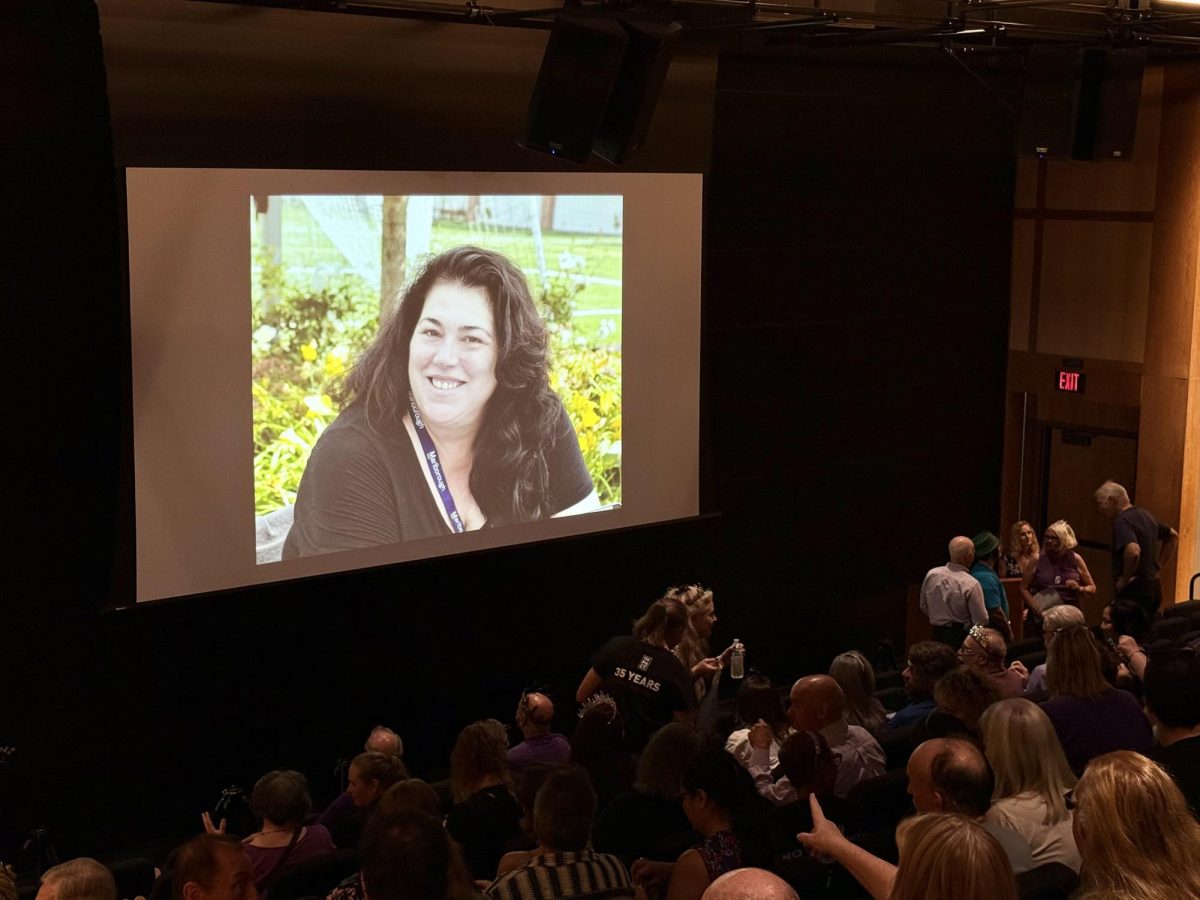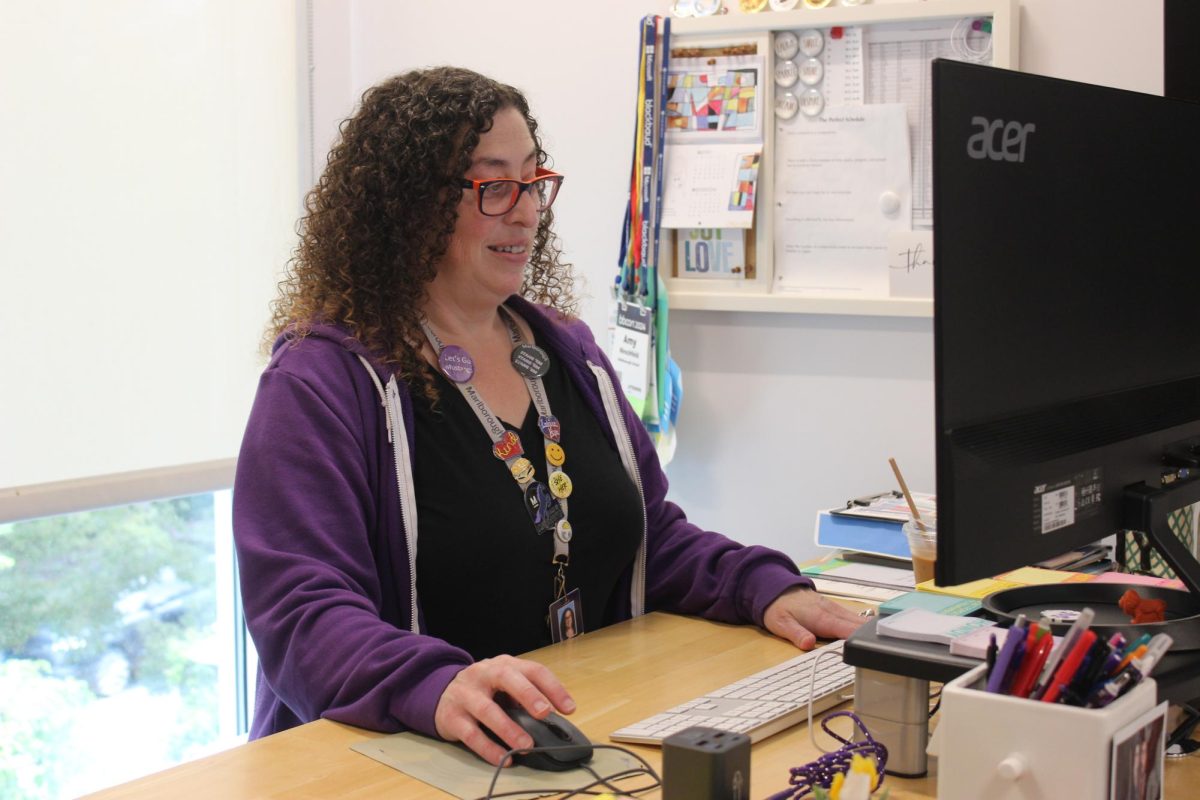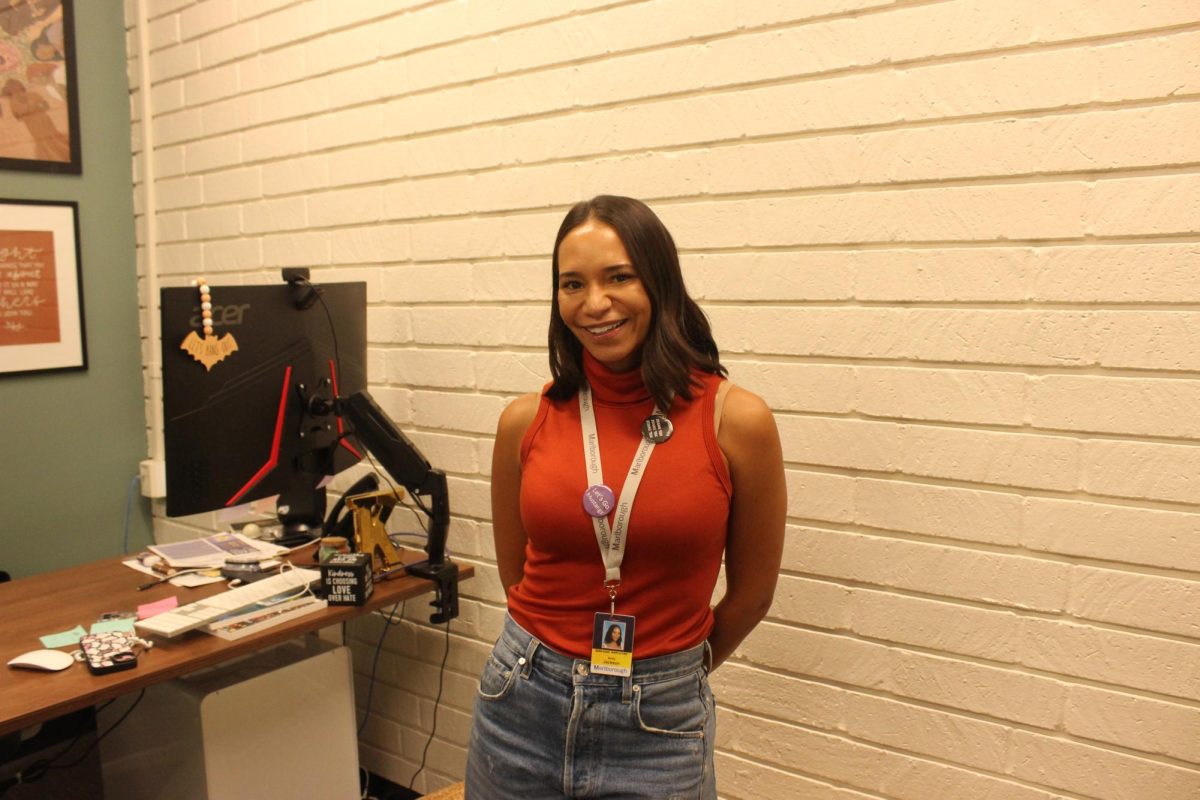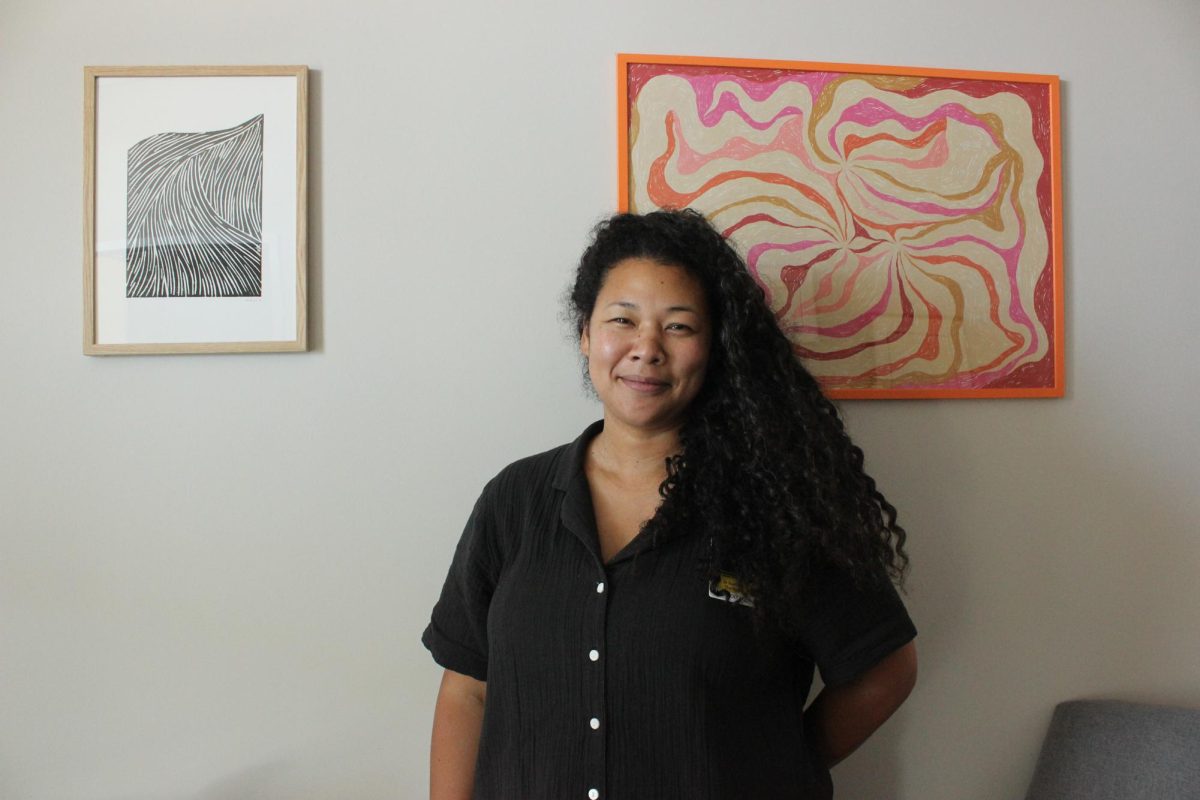Marlborough’s entrepreneurship program has evolved significantly since it first began four years ago. There are now four courses offered: Middle School Entrepreneurship, Design Your Future, Design for Social Impact and Marlborough Xcelerator.
“The classes are modeled to mirror real life and what real life will look like after college when you might be looking for a job or you have to market yourself or sell an idea,” Director of Entrepreneurship and Innovation Regina Rosi Mitchell said. “We realized through many interactions with students throughout the year that we could design courses that actually teach students how to take action, how to make an impact and how to take those ideas and turn them into a reality.”
In the Middle School Entrepreneurship course, students learn the basics of entrepreneurship, like how to be productive, how to be effective in a specific community (whether it be a school community, sports community, culturally alike community, etc.) or how to utilize resources like technology. Students also learn the “Lean Startup Method,” which emphasizes creating businesses and products with the objective of shortening product development cycles. Students implement this method by selling their own products at the kiosk in the CEI. Ultimately, the students pitch these products to a team of industry professionals to see if their business model is feasible.
In the Design Your Future course, often referred to as Entrepreneurship 101, Upper School students have the opportunity to intern for Los Angeles-based startups founded by women, such as Tea Drops, a new company which sells all kinds of teas and tea kits. Tea Drops was founded in 2015 by female entrepreneur Sashee Chandran. Chandran was influenced by her Chinese and Sri Lankan heritage and fell in love with tea at an early age. Her on-the-go lifestyle inspired her to develop a bagless, organic tea experience. Right now, students are in the six-week process of developing solutions to how to best sell Tea Drops’ products (design of packaging, tea flavors, etc.).

“The class teaches important life skills that you will need to use later in life, after college, regardless of your profession,” entrepreneurship student Arriana Stravapoulous ‘21 said.
For instance, students practice public speaking, presentation building, digital storytelling, data analysis, market research and design thinking, which can consist of the packaging for a product or the design of a website. The Marlborough Xcelerator, officially titled Honors Capstone Program in Entrepreneurship, combines these skills in a year-long individual project in which students launch their own company. The most recent additions to this course are hybrid capstones, which combine different disciplines.
“The world is increasingly interdisciplinary. It is so rare these days that people are just one thing,” Rosi Mitchell said. “I call it the world of hyphenates. Maybe you’re a teacher or an influencer. Maybe you’re a yoga teacher and on the side you’re a tutor. We wear all these different hats,” Rosi Mitchell said.
Lastly, Design For Social Impact (An Interdisciplinary Exploration in Entrepreneurship, Social Justice and Technology) is the most recently added entrepreneurship course at Marlborough. In this course, students develop a business plan for a social enterprise and think about how technology can be used to address social issues. With the resources offered in the CEI, students are able to learn computer skills like data visualization and form their own websites. This course also discusses why such injustices or inequalities exist in the first place.
“To know why certain injustices or inequalities exist in the first place you have to understand the system that creates these problems. If you are building a solution for any community, or person besides yourself, you have to make sure that you really understand that community you are trying to solve for,” Rosi Mitchell said.






